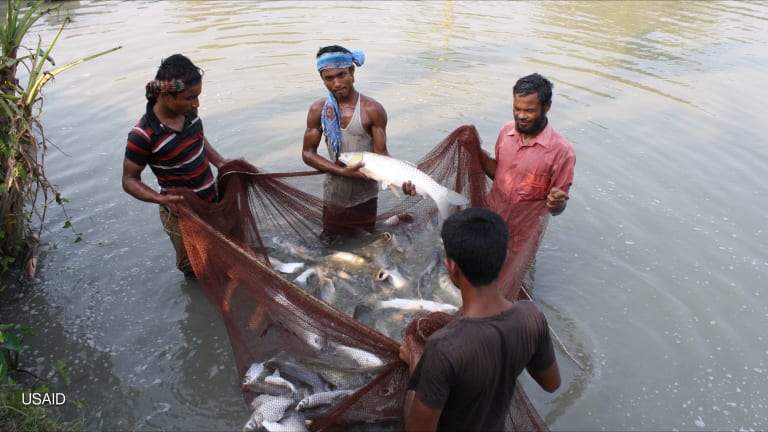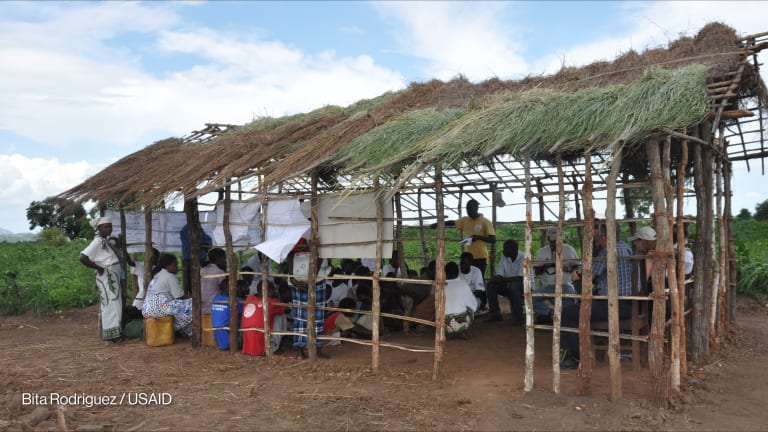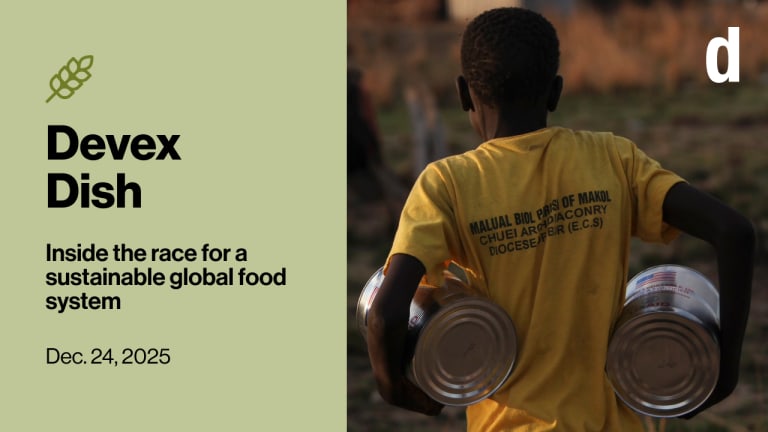The World Food Programme will be able to resume in-kind food aid purchases and deliveries that it carries out with USAID funding following the rescission of the pause on its work due to the Trump administration’s freeze on U.S. foreign aid, the agency said Sunday.
“This allows for the resumption of food purchases and deliveries under existing USAID agreements,” the agency wrote on the social media platform X, formerly Twitter, on Sunday.
“It also enables WFP to continue working with our NGO partners, who play a vital role in distributing emergency food assistance to people affected by war, floods, droughts and other disasters around the world.”
Printing articles to share with others is a breach of our terms and conditions and copyright policy. Please use the sharing options on the left side of the article. Devex Pro members may share up to 10 articles per month using the Pro share tool ( ).








